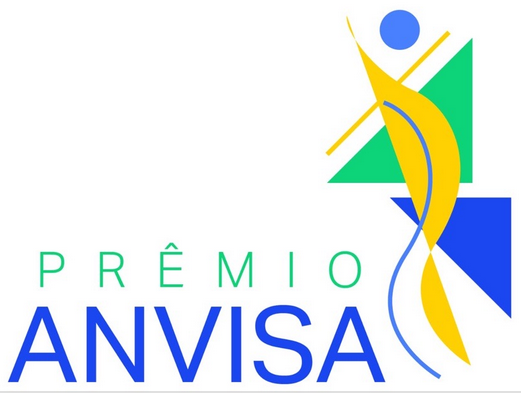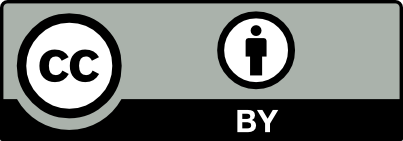The importance of quality control of cultures used in biological assays and in research development in the health area
DOI:
https://doi.org/10.22239/2317-269X.01083Keywords:
Cell Lines, Purity, Authenticity, ReproducibilityAbstract
Introduction: Advances in scientific research are based on previously published findings. However,there is concern about the lack of reproducibility in the biological researches in basic and preclinical areas, due to the repercussion on the population´s health. Because in vitro cultured cells are the basis for many toxicological and therapeutic studies, concern about their quality becomes paramount. Regarding microbiological contaminants, although bacteria and fungi are easily recognized, viruses and mycoplasmas are invisible under light microscopy. Another delicate issue would be the results generated with cells with modified identity. Objective: To discuss the main methodologies for assuring the quality of cells used in in vitro assays and to demonstrate how some world collections are structured to address this issue. Method: The scientific literature in the PubMed and Scielo databases and the webpage of different biological collections until December 2017. Results: It is recommended to apply the following techniques to detect contaminants in cell cultures: 1) virus : PCR and viral isolation; 2) mycoplasmas: PCR,bioluminescence and staining of cells with DNA affinity fluorophore; 3) human cell identity: the STR; 4) non-human cell identity: the Barcode. Conclusions: Considering all the investment applied in scientific research worldwide, the development of new methodologies alternatives to the use of animals and the critical consensus of the concept of quality, it is concluded that any laboratory should guarantee the control of purity and authenticity of its lineages.Downloads
Downloads
Published
Issue
Section
License
Copyright (c) 2018 Health Surveillance under Debate: Society, Science & Technology (Vigilância Sanitária em Debate: Sociedade, Ciência & Tecnología) – “Visa em Debate”

This work is licensed under a Creative Commons Attribution-NonCommercial-NoDerivatives 4.0 International License.
COPYRIGHT ALLOWANCE The author (s) hereinafter designated as the ASSIGNOR hereby assign and transfer, free of charge, the ownership of the copyrights related to this ARTICLE to the Vigilância Sanitária em Debate: Sociedade, Ciência & Tecnologia (Health Surveillance under Debate: Society, Science & Technology) – Visa em Debate, represented by FUNDAÇÃO OSWALDO CRUZ, established at Av. Brasil, nº 4365, Manguinhos, Rio de Janeiro, RJ, Brazil, CEP 21045-900, under the conditions set out below: (a) The terms and conditions set forth in this Agreement shall apply to the following: 1. The ASSIGNOR declares that they s(he) is (are) the author (s) and owner (s) of the copyrighted property of the ARTICLE submitted. 2. The ASSIGNOR declares that the ARTICLE does not infringe the copyrights and / or other property rights of third parties, that the disclosure of images (if any) has been authorized and that they s(he) assume(s) full moral and / or property liability for its content, before third parties. 3. THE ASSIGNOR assigns and transfers all copyrights relating to the ARTICLE to the ASSIGNEE, especially the rights of editing, publication, translation into another language and reproduction by any process or technique. The ASSIGNEE becomes the exclusive owner of the rights related to the ARTICLE, and any reproduction, totally or partially, is prohibited in any other means of publicity, printed or electronic, without prior written authorization from the ASSIGNEE. 4. The assignment is free and, therefore, there will be no remuneration for the use of the ARTICLE by the ASSIGNEE.







